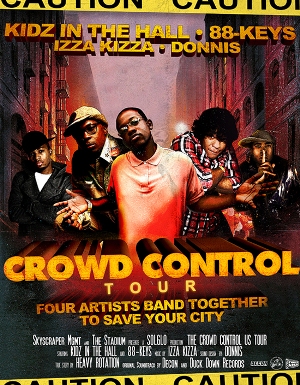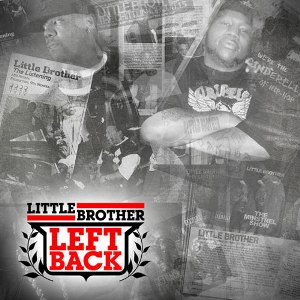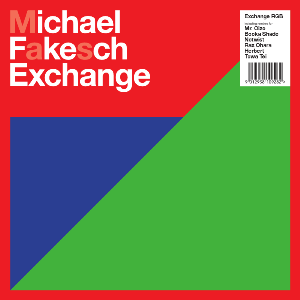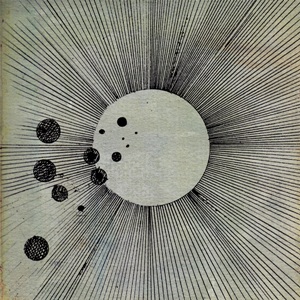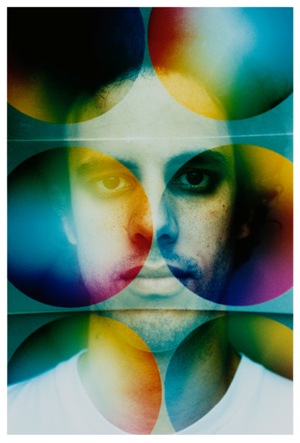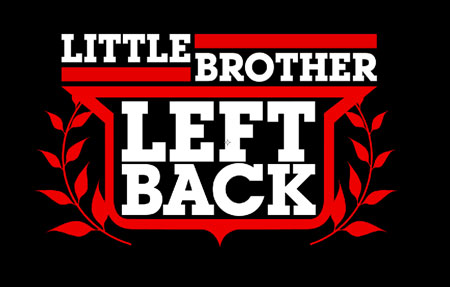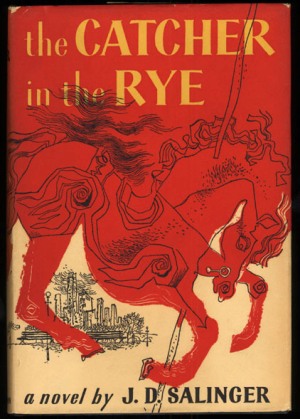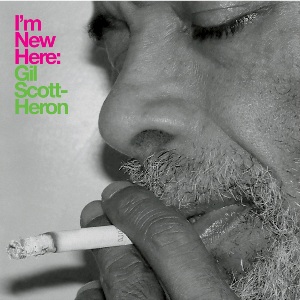
This morning, Sole announced in a post on his website, Soleone.org that he is leaving Anticon, the company he co-founded in 1998.
It wasn’t unexpected. Rumors had spread that Sole was leaving Anticon, especially after his last album with the Skyrider Band, Plastique, became his first release to not appear on the label. (It was issued by Fake Four Inc.) In the post, titled “Sole leaves Anticon Records,” he writes, “From now on now all my releases will be made available @ soleone.org via my new label Black Canyon Records and exclusively distributed worldwide via Revolver USA.”
Anticon hasn’t issued a response yet, but will presumably do so in the next few hours and/or days.
“In the early days of the label, anticon was a pet project of mine, a life-long dream. We fulfilled the dream of a collectively run record label and put out many great records and stood as an image of defiance against the music industry,” writes Sole. “Today, with a heavy heart I end 11+ years of working with anticon.”
Ten years ago, when Sole was recording underground classics like Bottle of Humans, few longtime Anticon fans would have anticipated that the crew’s biggest (and most controversial) mouthpiece would someday abandon his “pet project.” If anything, Anticon would cease to exist first, and Sole would proudly go down with it.
“We created anticon as a response to what was going on at the time in the music industry – the indy boom of the late 90’s. There were still a viable music industry then and people bought records. That’s how we built up our empire,” writes Sole.
However, the underground rap world that Sole once led and provoked has long since fractured, unable to find the common ground that catapulted indie-rock — to name a genre/scene it is often compared to — to dominance. The Okayplayer.com scene gets grudging respect (if at all) from the old-school rap audience; so-called “emo rappers” leap onto Warped Tour and other rock package tours to seduce the Hot Topic crowd; and electronic-tinged “beat” makers spend more time remixing indie-rock acts like the XX and mainstream ciphers like Lil Wayne and Gucci Mane than collaborating with their indie-rap counterparts. Too often, these sometimes-oppositional enclaves have split audiences, resulting in neither sustained fan appreciation, critical acclaim nor noteworthy record sales.
Continue reading →

